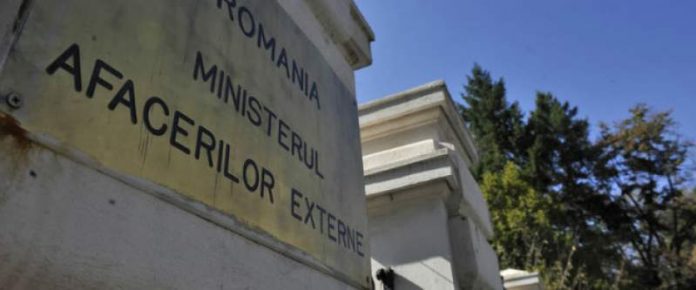The Ministry of Foreign Affairs (MAE) condemns the fact that Russia opened investigations against three journalists, stressing that media representatives must be protected and not silenced.
„We strongly condemn Russia’s decision to open criminal cases against journalists, including Mircea Barbu for reporting from Kursk. This is a blatant attack against press freedom and fundamental rights. Journalists must be protected, not silenced”, the Romanian ministry transmitted on the X online platform.
Russia’s Federal Security Service (FSB) has opened criminal investigations against three journalists, two Americans and one Romanian, who allegedly „illegally” crossed the Russian border from Ukraine to report in the occupied part of the Kursk region, Russian news agencies announced on Friday, taken over by AFP.
The two Americans, Kathryn Diss and Fletcher Yeung, work for the Australian ABC channel, while the Romanian journalist Mircea Barbu works for HotNews.ro, according to Russian news agencies.
They are accused by the Russian authorities of having „illegally crossed the border of the Russian Federation in the Kursk region”, announced the FSB, in a release taken over by news agencies.
On August 6, the Ukrainian army launched a surprise offensive in this border region, the first by a foreign army in Russia since World War II.
Russian forces have since launched a counteroffensive and claim to have recaptured ground.
However, Ukraine still claims that it has control over about a hundred localities and about 1,000 square kilometers, and several foreign media have made reports in the area occupied by the forces of Kiev.
In total, investigations were launched against „12 foreign journalists” for accusations of this type, starting from August 17, stated the FSB, quoted by the RIA Novosti agency.
Proceedings were launched including against some journalists of the American television channel CNN, the Italian channel RAI or the German Deutsche Welle.
The journalists targeted by these investigations do not seem to be in Russia, but there they risk up to five years in prison, according to the Russian Criminal Code.
AGERPRES




